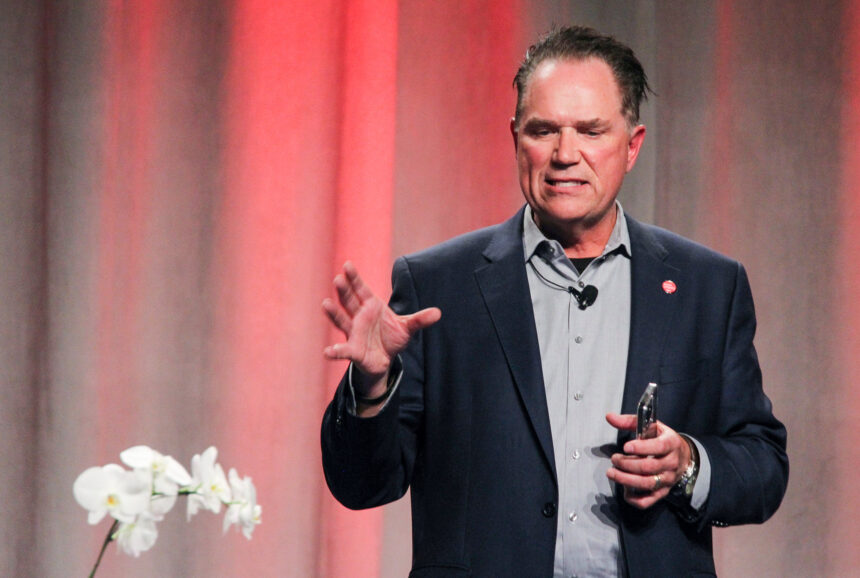I’m standing at the edge of a construction site in downtown Calgary where a once-vacant office building is being transformed into a biotech hub. You can practically feel the energy in the air – it’s a tangible representation of what $60 million in strategic investment looks like in real terms.
The City of Calgary has just announced a substantial cash injection to the Opportunity Calgary Investment Fund (OCIF), bringing fresh optimism to our economic diversification efforts. This additional $60 million builds on previous allocations, reinforcing Calgary’s commitment to evolving beyond our traditional oil and gas foundations.
“This isn’t just about throwing money at problems – it’s about calculated investments in sectors where Calgary can genuinely compete and win,” Mary Moran, OCIF’s CEO, told me during our interview at her Stephen Avenue office. The large windows behind her framed the city skyline – a mixture of new construction and office towers seeking new purpose.
OCIF was established in 2018 with an initial $100 million mandate. Since then, it has strategically deployed funds to attract companies and spur growth in technology, life sciences, and creative industries. This latest funding round signals City Council’s confidence in the results they’re seeing.
Mayor Jyoti Gondek emphasized the initiative’s importance during yesterday’s announcement at City Hall. “Calgary’s economic resilience depends on our ability to diversify while leveraging our existing strengths. The additional OCIF funding represents our continued commitment to building a more sustainable economic future.”
The investment comes at a critical time. Despite recent improvements, downtown office vacancy rates still hover around 27% according to the Calgary Real Estate Board’s quarterly report. That’s down from the crushing 30% vacancy rate during the depths of our economic downturn, but still far from healthy.
Adam Legge, President of the Business Council of Alberta, shared his perspective with me over coffee at Phil & Sebastian in East Village. “The OCIF model has proven its value. Unlike traditional economic development approaches, it puts skin in the game through results-based funding that creates accountability.”
The numbers support this assessment. OCIF’s previous investments have helped create over 1,500 jobs across 24 funded companies. More importantly, these positions average salaries above $80,000 – high-quality jobs that help retain talent in our city.
I’ve been covering Calgary’s economic evolution for nearly a decade now, and I’ve witnessed both the painful contraction of our energy sector and the promising emergence of new industries. What’s different about this funding round is the increasingly targeted approach.
“We’ve refined our investment thesis based on what we’ve learned,” explained Moran. “We’re focusing on areas where Calgary has natural advantages – clean energy technology, agribusiness, fintech, and health innovation.”
This strategic evolution makes sense to Terry Rock, President and CEO of Platform Calgary. “The early days of any investment fund involve some trial and error. The fact that OCIF has both delivered results and adapted its approach shows maturity in our economic development ecosystem.”
Platform Calgary’s new innovation hub in the former Central Library building represents another piece of this evolving economic puzzle. The facility brings together startups, established companies, and support organizations under one roof – creating the density of talent and ideas needed for innovation.
On a practical level, the new OCIF funding will likely support 15-20 additional companies over the next three years. Applications are evaluated based on job creation potential, strategic fit with target sectors, and ability to strengthen Calgary’s innovation ecosystem.
One notable success story is Harvest Builders, which received $4 million from OCIF in 2020. The venture studio has since launched multiple fintech startups that have collectively created over 200 jobs in Calgary.
“OCIF funding allowed us to accelerate our growth and commit to building companies here rather than in traditional tech hubs,” said Chris Simair, Harvest’s founder. I toured their downtown offices last month, where young software developers and business strategists collaborate in a space that would have likely sat empty without this ecosystem development.







